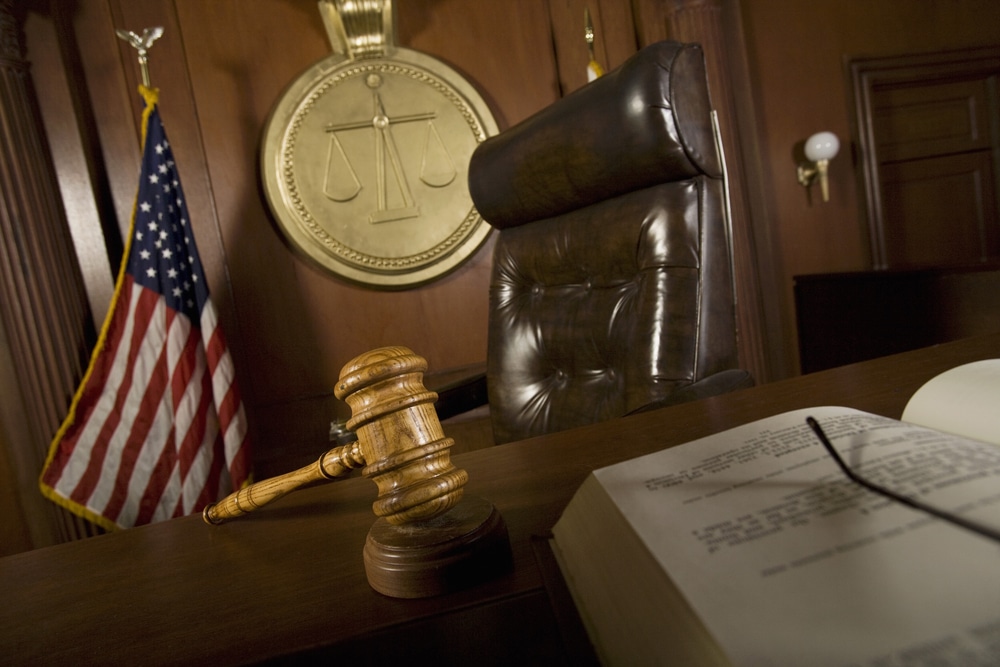Call 207-571-8146 or contact us online to schedule a consult with one of our highly skilled criminal defense & OUI lawyers, serving Southern Maine, today.
Table of Contents
Civil Actions in Maine
First and foremost, if you wish to bring a civil lawsuit against another party in Maine, OR if you have been sued as a named party in a civil action, it is highly advisable that you contact and seek legal representation from an experienced, competent, and successful attorney who specializes in Maine’s civil laws and procedures.
In light of that very important caveat, you may conclude that there are numerous civil laws, court procedures, and rules that govern civil actions brought in Maine – with respect to both substantive and procedural requirements. And you would be absolutely correct.
One example includes the applicable statute of limitations, which sets forth the relevant timeframe within which you can initiate civil actions. So, do the substantive and procedural rules and laws that govern Maine’s civil actions apply to civil violations?
Are Civil Violations a Special Type of Civil Action in Maine?
The short answer is: No.
Despite its name, the “civil violation” came into existence through a modification of Maine’s Criminal Code. Specifically, when Maine’s legislature enacted Section 4-B of Chapter 1, of Maine’s Criminal Code, it created a special class of less-serious civil actions known as civil violations.
Call 207-571-8146 or contact us online to schedule a consult with one of our highly skilled criminal defense & OUI lawyers, serving Southern Maine, today.
Guidance Provided by Courts Regarding Civil Violations in Maine
From time to time, the Administrative Office of the Courts of Maine publishes various handbooks and guides regarding some issues commonly faced by Maine’s citizens. One such publication is The Judicial Branch Citizen’s Guide to the Maine Courts, which generally describes how Maine’s Judicial Process functions. Unfortunately, this publication can no longer be found online. Instead, the Maine Courts have updated its website with information to help people dealing with civil violations.
Below are some details regarding civil violations.
- Civil violations include:
- Minor traffic infractions,
- Possession of a small amount of marijuana,
- Violations of town and city ordinances, such as leash laws.
- In instances where a law enforcement officer believes that an individual committed a civil violation, the officer will issue a ticket or summons instructing the individual to appear in District Court on a certain date.
- In a trial involving civil violations, the State does not have to demonstrate “beyond a reasonable doubt” that the accused committed a civil violation. Instead, a lesser burden of proof applies, and the State must demonstrate that it is “more likely than not” that the accused committed the civil violation.
- The State does not need to show that the accused intended to commit the civil violation nor that the accused knew he or she committed the violation (as is the case in criminal matters). Instead, the State only needs to show that the accused committed the violation.
- Evidence obtained pursuant to an unlawful search and seizure shall not be admissible in a civil violation proceeding.
- If a party does not appear in court or pay the fine on the day as specified in the ticket or summons, a civil violation can become much more serious. For example, with respect to a traffic violation, a party may lose his or her driver’s license should they fail to comply with the ticket or summons.
Contact The Maine Criminal Defense Group Today
If you have any questions whatsoever regarding your criminal charges and / or charges related to civil violations, Call The Maine Criminal Defense Group at 207-571-8146 or contact us directly online.
Call 207-571-8146 or contact us online to schedule a consult with one of our highly skilled criminal defense & OUI lawyers, serving Southern Maine, today.
Blog Posts
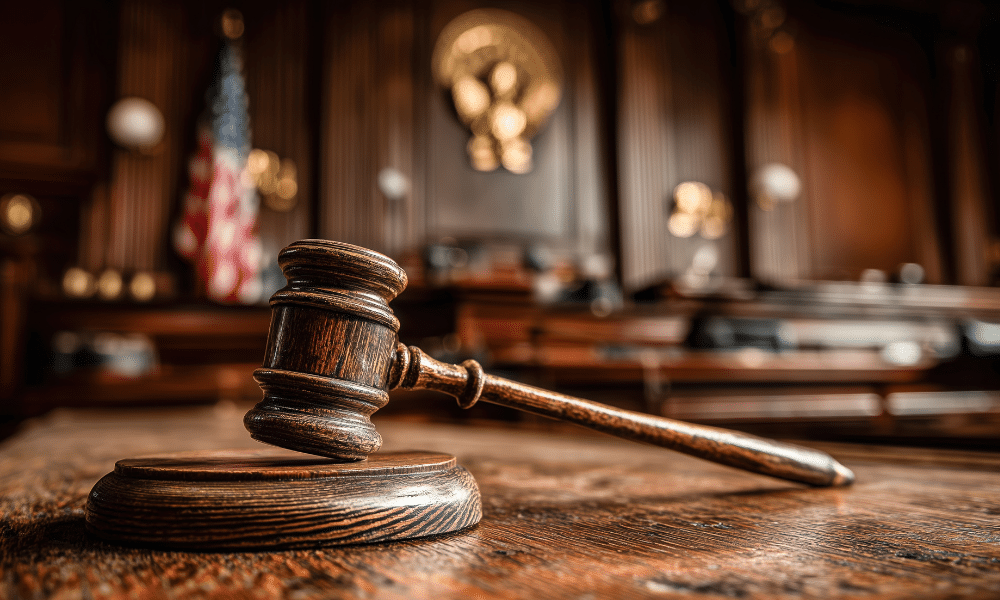
Defendants in criminal cases typically have four options for resolving their case if the charges are not dismissed: Plea negotiation, where the defendant agrees to plead guilty (or no contest)[...]

A criminal conviction usually appears on criminal records for life in Maine, potentially impacting the individual’s employment, education, travel, housing, immigration status, and more. However, certain low-level misdemeanor convictions can[...]
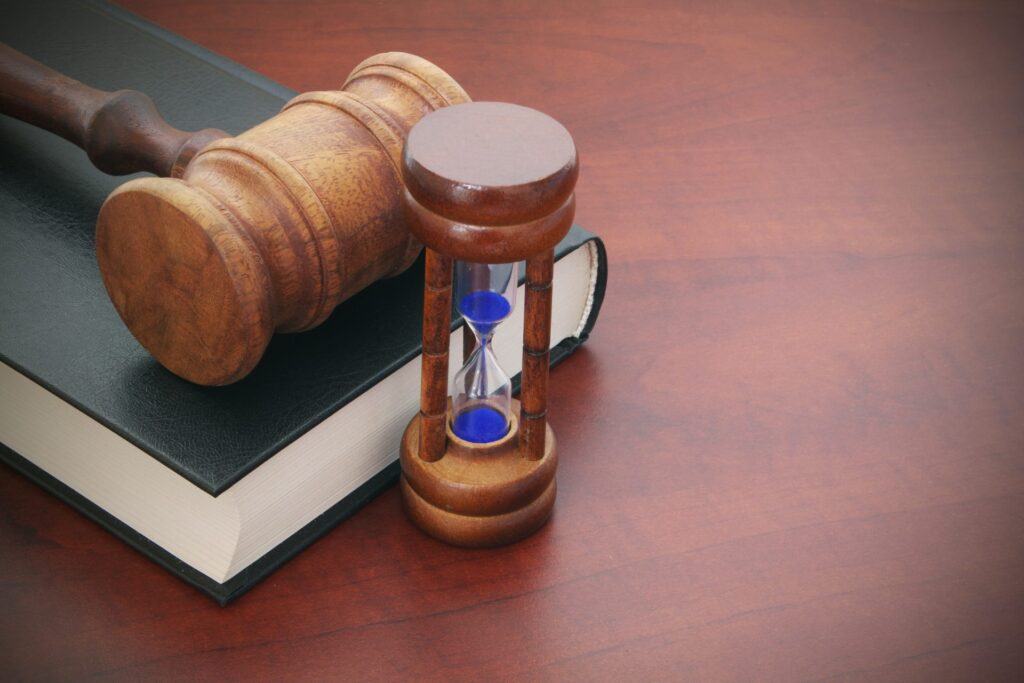
The legal term for sentencing a convicted criminal is not required to serve is called a suspended sentence. A suspended sentence is handed down during the sentencing portion following a[...]

If you receive a traffic ticket in Maine, you may be facing far more than demerit points or an administrative penalty. You could be facing criminal sanctions and a permanent[...]
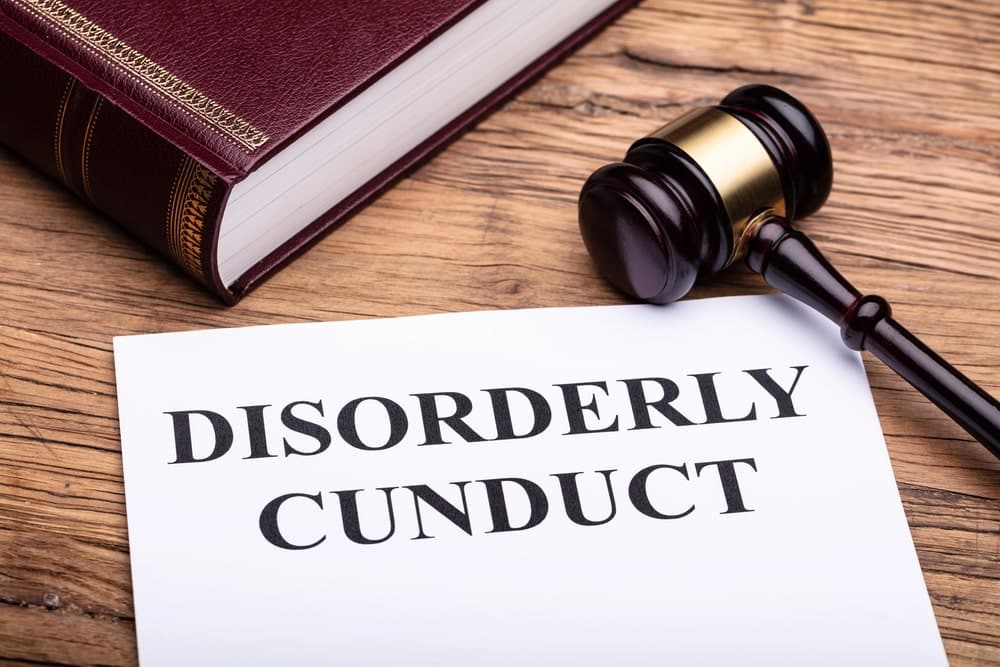
In Maine, disorderly conduct laws effectively make disturbing the peace a criminal offense. While disorderly conduct is considered one of the least serious offenses under Maine’s Criminal Statutes, it can[...]

Any criminal charge for a drug-related offense is a serious matter in Maine,but how consequential the outcomes can get may depend on whether the charge is filed at the state[...]


Self-defense laws in the U.S. are complex, vary from state to state, and are often misunderstood. “Stand your ground” laws allow an individual to use deadly force in self-defense in[...]
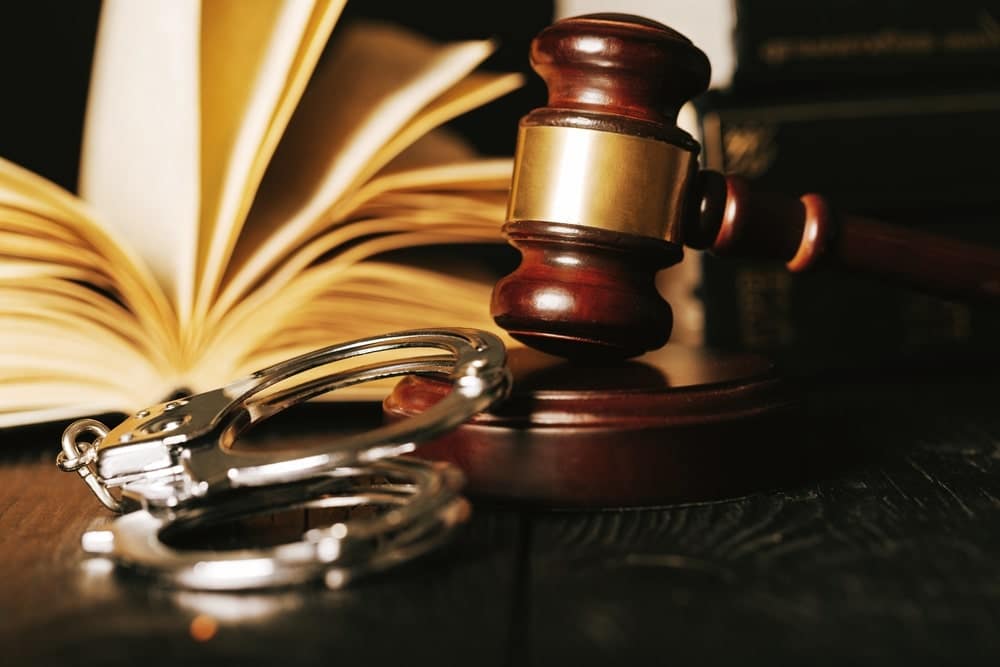
Every day in Maine, people are charged with crimes that they did and did not do. Fortunately, in the U.S., we have a justice system that says you’re innocent until[...]
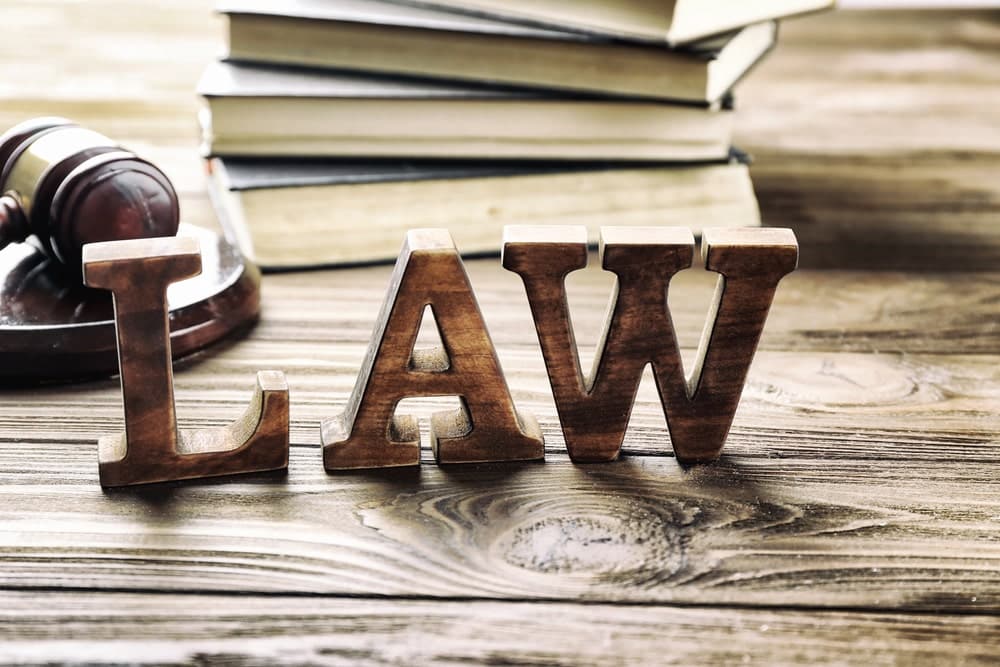
Expungement is the practice of legally erasing or striking out documents or information relevant to criminal charges. It’s not possible to expunge a criminal record in Maine. However, other avenues[...]
